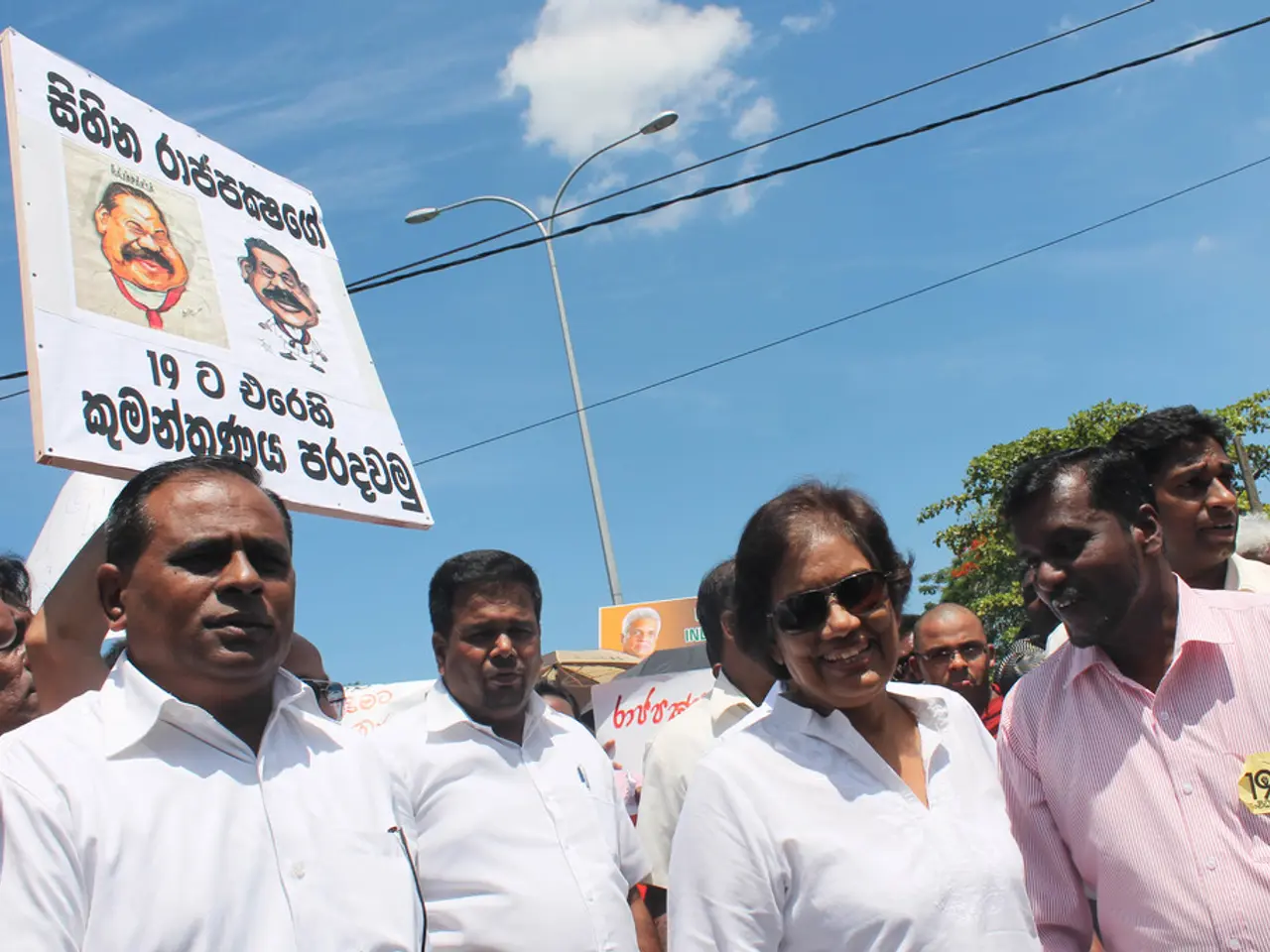Workforce Departure Triggered by Ongoing Disputes
In mid-2025, escalating border tensions and clashes between Thailand and Cambodia have brought about significant disruptions to Thailand's labor market, particularly affecting the agriculture and manufacturing sectors in provinces near the border.
The renewed conflict, which intensified from late July 2025 with cross-border fighting and military actions, has resulted in the declaration of martial law in several Thai border districts, including areas critical for farming and industrial activities. The violence and insecurity caused by artillery shelling, gunfire, and air strikes have forced the evacuation or displacement of tens of thousands of civilians, interrupting daily economic activities.
The agriculture sector has been significantly impacted, with many Thai farmers in border provinces such as Ubon Ratchathani being forced to abandon their fields due to safety concerns and landmines. This disruption is likely reducing agricultural output and employment, as fieldwork is halted and seasonal planting or harvesting cycles are interrupted.
The manufacturing sector has also been affected by border closures and the escalation. Many factories in the border regions rely on cross-border supply chains and migrant Cambodian workers. The diplomatic breakdown and border tightening have restricted the movement of workers and goods, slowing down manufacturing operations. Additionally, any economic instability and heightened security measures can reduce labor demand in these sectors.
The exodus of Cambodian migrant workers has been a major concern, with at least 300,000 registered workers returning to their home country. The departure of workers is affecting the agricultural sector in provinces such as Chanthaburi, which depends heavily on seasonal Cambodian labor. The Migrant Working Group (MWG) reports that the real number of returning Cambodian migrant workers could be higher when including unregistered and informal workers.
The return of workers stems from a lack of clear communication and assurances from Thai authorities regarding their safety and legal protections amid the dispute. Adisorn Kerdmongkol, coordinator of the MWG, did not specify the nature of the recent border tensions between Thailand and Cambodia.
The MWG agrees with a proposal to import workers from Sri Lanka to replace the departing Cambodian workers. However, the growing fears of labor shortages in the agriculture and manufacturing sectors, especially in border provinces, remain a major challenge for economic stability and labor conditions in 2025. The ongoing ceasefire and diplomatic talks offer some hope of easing these pressures, but the volatility and mistrust around the border remain significant challenges.
- In the midst of war-and-conflicts between Thailand and Cambodia, politics surrounding border security have led to the displacement of thousands, affecting the general-news landscape with concerns about labor shortages in agriculture and manufacturing sectors.
- The escalation of the border conflict, as seen in cross-border fighting, martial law declarations, and the exodus of Cambidean migrant workers, has put crime-and-justice at the forefront of discussions, as the lack of legal protections for these workers adds to the dynamic of the ongoing dispute.







